‘I don’t want a baby like that’
 The Sunday Times this weekend reported that ‘the number of babies born with Down’s syndrome has fallen by 30% in NHS hospitals that have introduced a new form of screening.’
The Sunday Times this weekend reported that ‘the number of babies born with Down’s syndrome has fallen by 30% in NHS hospitals that have introduced a new form of screening.’
This new test, NIPT (non- invasive prenatal testing), is safer than amniocentesis, but Down syndrome campaigners, including the actress Sally Phillips, have serious concerns both about the fact of its existence and about the misinformation surrounding it.
In a guest lecture for Theos last week, Phillips revealed that the cost of the NIPT test is around £400 per woman but carries little public benefit. In a tweet commenting on the Times article, Phillips added that the ASA has recently ruled that the accuracy claims made about the test were misleading. Most people reading the advertising, it held, would understand that the test was 99% accurate in detecting Down syndrome in the fetus, but this is not true. Phillips states that while it may be 99% accurate in women over 46, ‘in a woman of 25 it has a positive predictive value of [just] 46%’.
The cost and accuracy of the test are only part of the problem, however. Phillips and others are far more concerned by the message the test sends in its very existence. As the Times article points out,
Colette Lloyd, 46, who obtained the figures, said she would struggle to explain to her daughter, Katie, 22, who has Down’s, how the test could be justified. She said: “How would I tell her, ‘We have a test so that women can make a choice of whether they want to keep a baby like you or not’? It is not a pro-choice or pro-life thing at all. It is the woman saying: ‘I want a baby, but I don’t want a baby like that.’”
A press release from the campaign organisation ‘Don’t Screen Us Out’ states that
The Government have previously admitted that no assessment was made of the impact that the roll-out of [NIPT] will have on the lives of people with Down’s syndrome. In an answer to a parliamentary question the Department of Health confirmed that “…no assessment was made of the impact of NIPT on the number of abortions, Down’s Syndrome community and medical professional and society’s attitudes towards people with Down’s syndrome.”
Screening can be useful in order to help parents prepare for the birth of a child who may need extra care, enabling them to access information and support ahead of time – and avoiding the ‘shock factor’ that Phillips described in her Theos lecture once the baby has arrived. But in a culture where, as Phillips also outlined, the diagnosis of Down syndrome is often seen as a devastating tragedy, it is inevitable that some expectant parents will opt to remove the issue instead of preparing for it.
Our cultural narrative of inclusion, acceptance and the celebration of diversity is revealed to be nothing but empty words when we develop and promote tests whose foreseeable consequence is the elimination of people with certain types of diversity. That the birth rate of babies with Down syndrome has already fallen by 30% in hospitals where the test has been rolled out simply confirms campaigners’ fears.
NIPT is mis-sold, expensive and, more importantly, unnecessary.


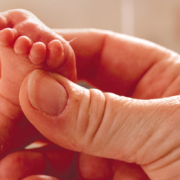

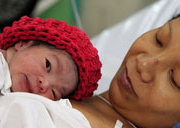

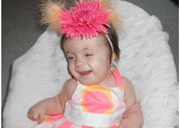
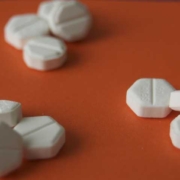
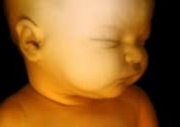
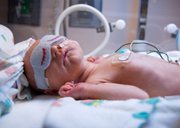


Leave a Reply
Want to join the discussion?Feel free to contribute!